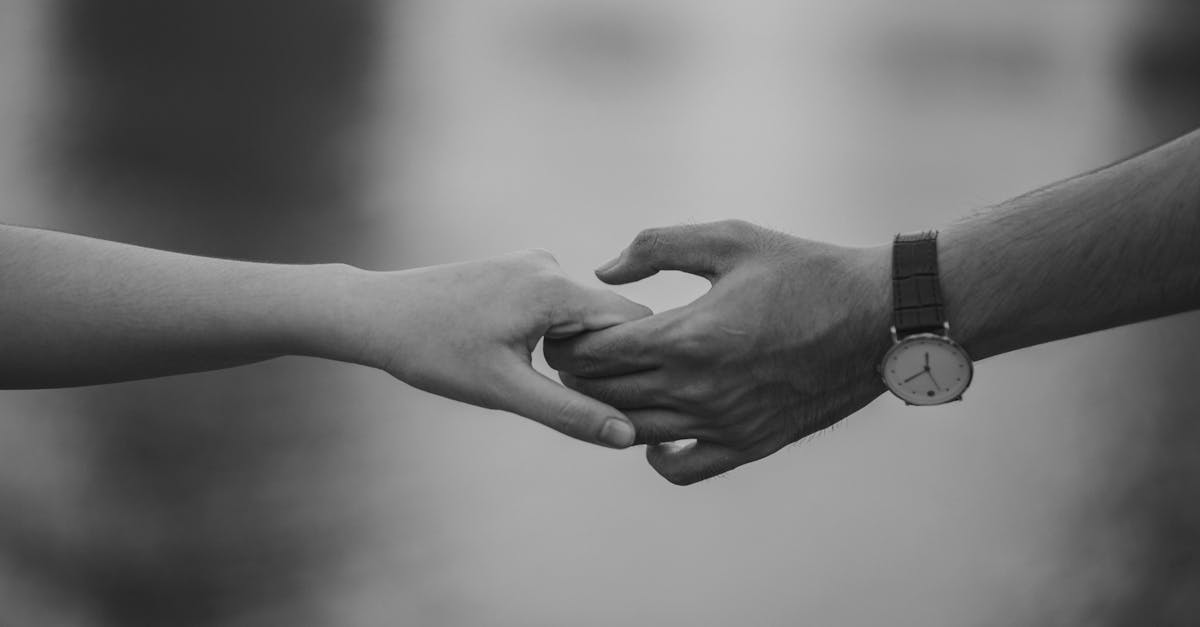
The first time she saw him, the sky was bleeding orange through the storm clouds. Lila had been running for miles, her boots slapping against the wet pavement, when she stumbled into the shelter of a flickering streetlamp. The air smelled of ozone and diesel, and the wind howled like a wounded animal. She hadn’t meant to run. She’d meant to disappear.
But he was there, leaning against the lamppost, his coat soaked through, a cigarette dangling from his lips. His eyes were the color of stormwater—gray and deep. When he saw her, he stubbed the cigarette out beneath his boot and said, “You’re going the wrong way.”
She didn’t answer. She didn’t trust herself to speak. The last thing she needed was a stranger’s voice in her head, another layer of noise on top of the static she’d been carrying since the accident.
He stepped closer, his breath fogging in the cold. “You okay?”
She wanted to lie. Instead, she nodded. The lie would have been easier. But something about the way he looked at her—like he’d seen her before, like he knew the weight she carried—made her want to be honest. “I don’t know,” she said. “I think I’m trying to find something.”
He tilted his head, studying her. “What?”
“A reason to stay.” The words came out raw, and she hated herself for it. She’d spent years building walls, and here she was, crumbling them for a man she didn’t know.
He didn’t laugh. He didn’t look away. Instead, he said, “Come with me.”
She should have said no. But the storm was closing in, and the city felt like a cage she’d never escaped. So she followed him into the night, her heart thudding like a trapped bird.
He led her to a diner on the edge of town, its neon sign flickering like a dying heartbeat. The door jingled as they stepped inside, and the smell of coffee and grease hit her like a memory. He pulled out a stool at the counter, and she sat beside him, her hands wrapped around a mug of coffee that burned her tongue.
“You’re not from around here,” he said, not looking at her.
She glanced at him. “How do you know?”
“Your boots. They’re new. And you’re not dressed for the cold.” He gestured to her thin sweater. “You’re a city girl.”
She didn’t correct him. It wasn’t a lie. She’d grown up in the concrete jungle, where the sky was always gray and the air smelled of exhaust. But something about this place—this quiet, this stillness—had started to seep into her bones.
He slid a menu toward her. “What do you want?”
“I’m not hungry.”
“You’re lying again.” His voice was soft, but there was steel beneath it. “You’ve been running for a long time. You need to eat.”
She stared at the menu, the words blurring. She couldn’t remember the last time someone had cared enough to tell her what to do. “I don’t know,” she said finally.
“Then I’ll choose for you.” He ordered pancakes, eggs, bacon. The waitress nodded, her smile tired but warm.
They didn’t talk much after that. Just the clink of silverware, the hum of the refrigerator, the distant sound of a train whistle. But the silence wasn’t empty. It was full of something unspoken, something that made her chest ache.
When the food arrived, he watched her eat. “You’re not like anyone I’ve met,” he said.
She looked up, surprised. “What does that mean?”
“It means you’re… different.” He hesitated, then added, “Like you’re waiting for something to happen.”
She didn’t know how to respond. So she kept eating, the pancakes warm and sweet on her tongue, the bacon crisp and salty. The diner felt like a bubble, a place outside of time, and for the first time in years, she didn’t feel alone.
Later, he walked her back to the edge of town, where the road split into two directions. “You can go back,” he said. “Or you can stay.”
She looked at him, really looked at him. The storm had passed, but the air still felt heavy, like it was holding its breath. “Why are you doing this?”
“Because I think you’re worth the risk.”
She wanted to believe him. She wanted to believe in something again. So she said, “I’ll stay.”
He smiled, and for a moment, the world felt like it was turning in the right direction.
But the night wasn’t over. And neither was the story they were about to write.


